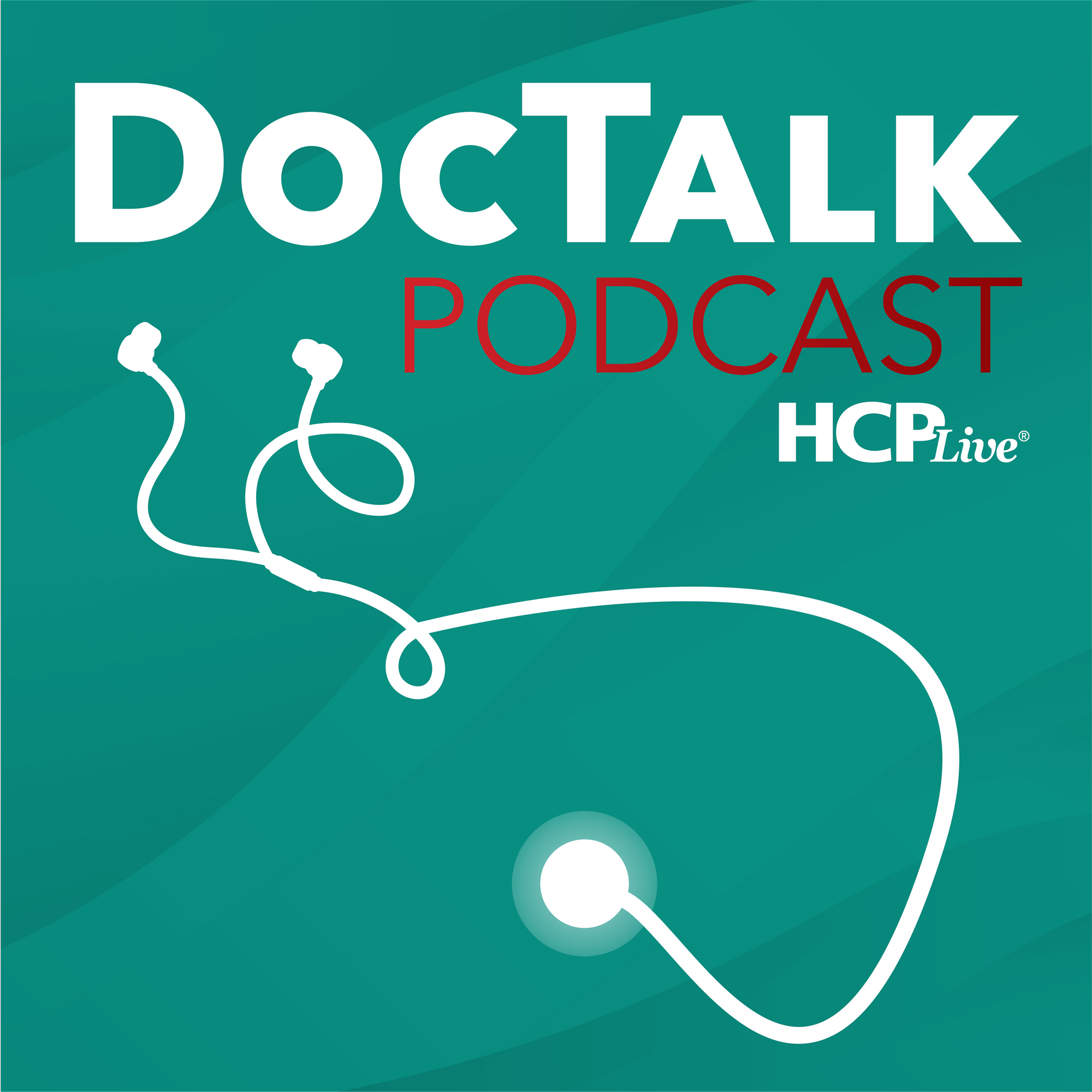Article
Spesolimab Linked to Higher Incidence of Lesion Clearance in GPP Patients
Author(s):
Treatment with the antibody also resulted in infections and drug reactions, prompting a call for larger and longer studies from investigators.
Hervé Bachelez, MD, PhD

New data from a phase 2 randomized trial with patients with generalized pustular psoriasis (GPP) noted a higher incidence of lesion clearance with the interleukin-36 receptor inhibitor spesolimab at 1 week compared to placebo.
However, spesolimab was also associated with infections and systemic drug reactions.
Hervé Bachelez, MD, PhD, European Society for Dermatological Research (ESDR), and fellow investigators noted that spesolimab is currently being studied for the treatment of GPP flares, which involves IL-36 signaling.
For their phase 2 trial titled Effisayil 1, Bachelez and colleagues investigated the efficacy and safety of single doses of the monoclonal antibody as compared with placebo.
The Methods
The Effisayil 1 trial was conducted between February 20, 2019, and January 5, 2021. At this time, patients were enrolled at a total of 37 sites in 12 countries.
Investigators noted that GPP was approximately 5 times more common in Asia compared to Europe and the United States, and trial sites were chosen accordingly.
Patients who had presented with a flare were then randomly assigned to a 2:1 ratio to receive a single intravenous dose of 900 mg of spesolimab or placebo, and randomization was performed with the aid of an interactive response system.
By day 8 of the trial, patients from both the spesolimab and placebo groups were eligible to receive a single, open-label intravenous dose of 900 mg of spesolimab is symptoms persisted.
This decisions was made on the basis of a predefined threshold that consisted of a Generalized Pustular Psoriasis Physician Global Assessment (GPPGA) total score of 2 or higher at the end of week 1and a clinician assessment of GPP severity based on a modified Physician Global Assessment and a GPPGA pustulation sub-score of 2 or higher at week 1.
The primary end point was a GPPGA pustulation sub-score of 0 (no visible pustules) at the end of week 1. The key secondary end point was a GPPGA total score of 0 or 1 (clear or almost clear skin) at the end of week 1.
The Findings
A total of 53 patients were enrolled in the phase 2 trial, with 35 having been assigned to receive spesolimab and 18 to receive placebo.
Investigators observed that at baseline, 46% of patients in the spesolimab group and 39% of those in the placebo group had a GPPGA pustulation subscore of 3. Additionally, 37% and 33% had a pustulation subscore of 4, respectively.
At the end of week 1 a total of 19 of 35 patients (54%) in the spesolimab group had a pustulation subscore of 0, as compared to 1 of 18 patients (6%) in the placebo group (P<0.001).
A total of 15 of 35 patients (43%) had a GPPGA total score of 0 or 1, as compared with 2 of 18 patients (11%) in the placebo group (P=0.02).
Meanwhile, drug reactions were reported in 2 patients who received spesolimab, and infections occurred in 6 of 35 (17%) through the first week.
Antidrug antibodies were detected in nearly half (46%) of patients who received at least 1 dose of spesolimab.
In their concluding remarks, investigators called for additional studies of spesolimab as it related to GPP.
“Longer and larger trials are warranted to determine the effect and risks of spesolimab in patients with pustular psoriasis,” the team wrote.
The study, “Trial of Spesolimab for GeneralizedPustular Psoriasis,” was published online in The New England Journal of Medicine.





